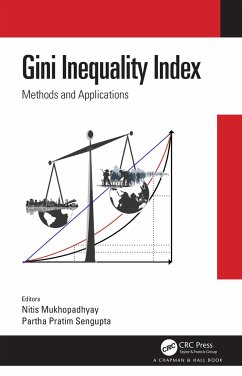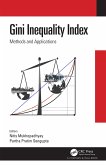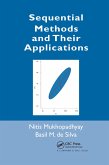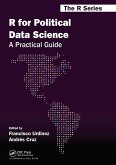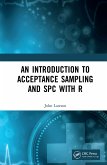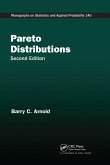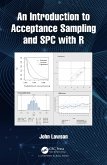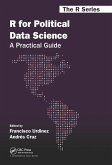"Prof. Nitis Mukhopadhyay and Prof. Partha Pratim Sengupta, who edited this volume with great attention and rigor, have certainly carried out noteworthy activities." - Giovanni Maria Giorgi, University of Rome (Sapienza)
"This book is an important contribution to the development of indices of disparity and dissatisfaction in the age of globalization and social strife." - Shelemyahu Zacks, SUNY-Binghamton
"It will not be an overstatement when I say that the famous income inequality index or wealth inequality index, which is most widely accepted across the globe is named after Corrado Gini (1984-1965). ... I take this opportunity to heartily applaud the two co-editors for spending their valuable time and energy in putting together a wonderful collection of papers written by the acclaimed researchers on selected topics of interest today. I am very impressed, and I believe so will be its readers." - K.V. Mardia, University of Leeds
Gini coefficient or Gini index was originally defined as a standardized measure of statistical dispersion intended to understand an income distribution. It has evolved into quantifying inequity in all kinds of distributions of wealth, gender parity, access to education and health services, environmental policies, and numerous other attributes of importance. Gini Inequality Index: Methods and Applications features original high-quality peer-reviewed chapters prepared by internationally acclaimed researchers. They provide innovative methodologies whether quantitative or qualitative, covering welfare economics, development economics, optimization/non-optimization, econometrics, air quality, statistical learning, inference, sample size determination, big data science, and some heuristics.
Never before has such a wide dimension of leading research inspired by Gini's works and their applicability been collected in one edited volume. The volume also showcases modern approaches to the research of a number of very talented and upcoming younger contributors and collaborators. This feature will give readers a window with a distinct view of what emerging research in this field may entail in the near future.
"This book is an important contribution to the development of indices of disparity and dissatisfaction in the age of globalization and social strife." - Shelemyahu Zacks, SUNY-Binghamton
"It will not be an overstatement when I say that the famous income inequality index or wealth inequality index, which is most widely accepted across the globe is named after Corrado Gini (1984-1965). ... I take this opportunity to heartily applaud the two co-editors for spending their valuable time and energy in putting together a wonderful collection of papers written by the acclaimed researchers on selected topics of interest today. I am very impressed, and I believe so will be its readers." - K.V. Mardia, University of Leeds
Gini coefficient or Gini index was originally defined as a standardized measure of statistical dispersion intended to understand an income distribution. It has evolved into quantifying inequity in all kinds of distributions of wealth, gender parity, access to education and health services, environmental policies, and numerous other attributes of importance. Gini Inequality Index: Methods and Applications features original high-quality peer-reviewed chapters prepared by internationally acclaimed researchers. They provide innovative methodologies whether quantitative or qualitative, covering welfare economics, development economics, optimization/non-optimization, econometrics, air quality, statistical learning, inference, sample size determination, big data science, and some heuristics.
Never before has such a wide dimension of leading research inspired by Gini's works and their applicability been collected in one edited volume. The volume also showcases modern approaches to the research of a number of very talented and upcoming younger contributors and collaborators. This feature will give readers a window with a distinct view of what emerging research in this field may entail in the near future.

